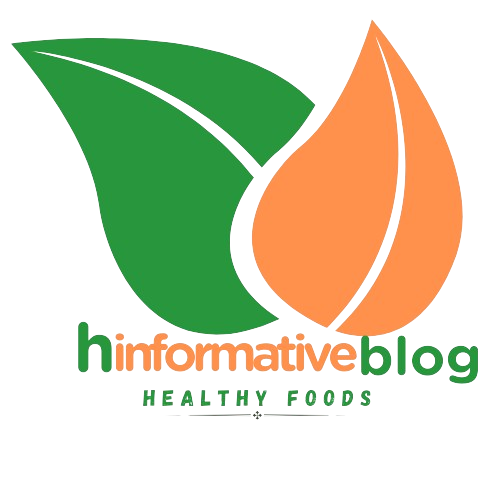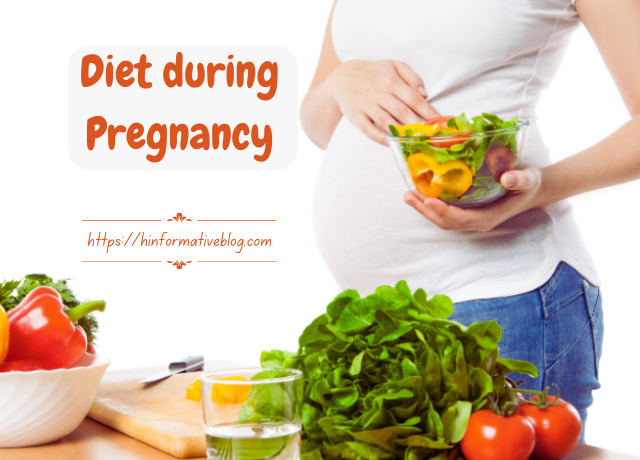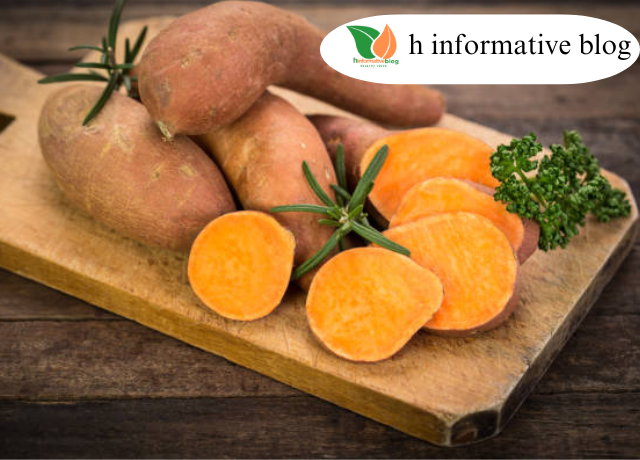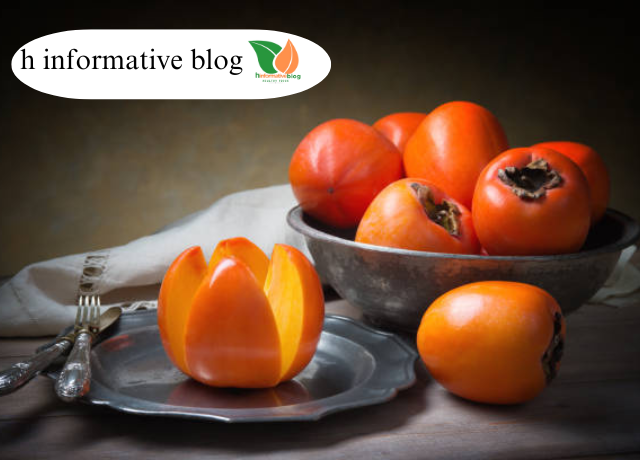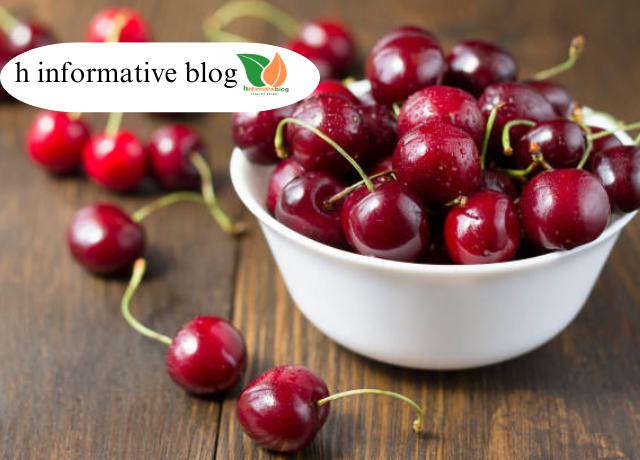Diet during Pregnancy
Eating Habits particularly During Pregnancy have a great impact to the health of both the mother and the unborn child. They are eating the correct foods. It ensures that you and your baby receive all of the necessary nutrients. A proper diet can have an important effect. The baby’s organs start growing, particularly during the first trimester.
The Second trimester is the important phase in the period of pregnancy. In this phase, a woman’s body needs more calories and food. This one kept growing with the support of a daily diet. Use fruits in plenty, vegetables, and good grains in plenty. Note that the foods you take also affect the growth of your baby.
When you enter the third trimester, you may notice increased pregnancy symptoms. Such as heartburn and weakness. A proper diet can help you manage these symptoms and feel your best.
Building a Diet Plan

A pregnant woman needs a healthy and balanced diet plan. She sets for a healthy pregnancy diet plan, which avoids cases where any of you fall short of the advised daily requirements. Because you have eaten a limited type of meal. This is especially needed in the second trimester. In this stage, the baby is growing very fast. At the same time, it is important to have your properly balanced diet.
Here are some suggestions for developing a balanced food plan:
- Eat fruits and more vegetables to increase the use of Vitamins and Minerals.
- Muscle-building foods include lean proteins. These are found in foods like chicken, and fish.
- Examples are brown rice, oats, and whole wheat breads for the suggested daily serving of fiber.
- For the intake of calcium and vitamin D, take dairy products or substitutes.
- Drink water well to help keep water in the body.
A balanced Diet during Pregnancy can be prepared without much challenge. You can start applying the following; you can go ahead and arrange meals. In this way, you will have healthy foods prepared. Still food is easily available the times when you are hungry. Eating and eating healthier foods can go a long way in affecting the pregnant woman’s condition.
Foods to Avoid While Pregnant

During pregnancy, keep yourself and your baby safe. You must learn about which foods to avoid. Furthermore, meals may contain risky bacteria and poisons. That food can lead to issues. Keeping focus on your eating habits is most important during the first trimester. In this stage, the baby’s organs are building.
A few common Diet during Pregnancy and drinks to avoid, are discussed below:
- Prevent harmful microorganisms present in raw or undercooked seafood, pork, and eggs.
• Without heating dairy products and liquids may contain harmful microorganisms.
• Furthermore, different kinds like shark and swordfish have too much mercury.
• Hot dogs and deli meats must be thoroughly heated before heating.
• Avoid a lot of alcohol and caffeine drinking as it may negatively affect baby growth.
Finding safe ways to satisfy wishes is important. For example, if you want to eat sushi. Choose it with cooked seafood or veggies. Eat safe options such as salmon or shrimp. You can enjoy your pregnancy. Making wise decisions saves you and your baby’s health.
Liquid Drinking During Pregnancy
In the whole period of pregnancy, fluid absorption and a balanced diet is important. Maintain increased blood levels in you and your baby by drinking water. It also supports digestion. Drinking more water helps to reduce common pregnancy symptoms. Such as constipation and fatigue.
Doctors usually advise to drink eight to ten glasses of water every day. As it is an important element of Diet during Pregnancy. You can include hydrating options such as milk. Milk has calcium and vitamin D. These are very important for your baby’s bone health. Choose 100% fruit juices in case to receive the necessary vitamins. But be aware of their sugar level
Proper hydration not only improves physical health. But it can also help with pregnancy symptoms like tiredness and headaches.
Managing Pregnancy Symptoms with Diet
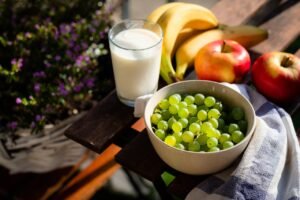
Plan of Diet during Pregnancy can help lower normal pregnancy discomfort. Eating suitable foods can help lower symptoms. Such as morning sickness, fatigue, and digestive difficulties. Keep focus on your food. During the first trimester, you can mostly improve how you feel.
Some common symptoms arise during pregnancy. Use the following Food to treat these symptoms. As listed below:
- Milk or tea with biscuits for breakfast and several small meals with crackers or toast in the day.
- In stress, use iron-rich foods to lower fatigue such as spinach, red meat, and cereals.
- Eating fruits, vegetables, and whole foods helps in reducing constipation.
Adjust your diet to control these symptoms. It can help you feel better overall pregnancy period. Small changes in your dietary habits can bring relief. These changes can make your pregnancy more pleasant. Avoid making important dietary changes. Always consult with your healthcare professional to confirm.
Special Dietary Considerations
When planning a Diet during Pregnancy, take unique dietary requirements. Taking the necessary food is important. Baby is quickly growing during the second trimester. Your body requires more calories and food to keep up.
For vegetarians and meat-free:
- Eat different kinds of plant-based proteins like beans, tofu, and nuts.
- Add foods or supplements for nutrients like B12, iron, and calcium.
- Include leafy green vegetables, seeds, and cereals for extra iron.
If you are allergic to foods. Look for safe options. For example, if lactose is unpleasant, choose lactose-free milk. Staying hydrated is also important. So drink water and keep healthy snacks on hand.
Healthy Tips during Pregnancy
Ensure that one adopts a healthy diet during pregnancy. Because of the health of the mother as well as the unborn child will be greatly determined by the diet. To help you stay healthy during your pregnancy journey, here are some useful tips: However, to ensure you are healthy as you go through the journey of pregnancy here are some tips that may assist you.
- Include Food: Suggest that you incorporate different kinds of foods to your daily diet. This ensures that at different times, one is bound to be supplied with different types of vitamins and minerals. It is these nutrients that your baby will require for its growth Healthy nutrients are required for your baby’s growth.
- Stay Hydrated: Another point which has to be observed during Dieting during Pregnancy is to drink sufficient of water. It assist in maintaining water levels. It assists in the increase in blood volume.
- Listen to Your Body: If you are hungry eat to your full. You have observed alterations in your eating pattern. Whole day eating small portions of the best food is helpful.
By following these healthy tips and maintaining a balanced Diet during Pregnancy, you can support your health and give your baby the best start in life.
Conclusion
A balanced diet is important for both you and your baby in pregnancy. Eating a lot of heavy nutrient foods. It ensures that you both receive the vitamins and minerals. Best foods are required for a healthy pregnancy. You can help your baby to grow.
Always use balanced food with fruits, vegetables, meats, and whole grains. Avoid possibly dangerous foods. Manage symptoms with the proper Diet during Pregnancy. Staying hydrated and eating healthy snacks can also have a positive effect on how you feel.
Taking a lot of care of your Diet during Pregnancy shows the base for your baby’s future health. By noticing the above tips and engaging in prenatal health care services. You have a healthy and cheerful expecting motherhood.
FAQs About Diet During Pregnancy
- What food is allowed or should be taken while pregnant?
The types of foods that you should take include vitamins-rich foods such as fruits, a portion of vegetables, compliant protein foods such as lean meats, whole grains, and dairy products.
- Which foods are bad for pregnant women?
Do not eat undercooked meat, and eggs must be fully cooked. You should avoid such foods as raw milk and products made from raw milk. Avoid fish, caffeine-containing products, and alcohol.
- What foods can be avoided and which foods can be included in the diet plan for morning sickness?
In terms of foods to consume, avoid large meals and stick to the 5 small meals a day rule; you also need to try some bland foods like crackers or toast. It is also advisable to take ginger tea and be sure to take a lot of water in the battle against nausea.
- What are the diets that a pregnant woman should avoid or consider?
Yes, you can. Be consistent with sources of plant-based protein and fortified soy based foods to obtain nutrients such as B12, iron, and calcium. Please seek advice from your doctor.
- What should I do if I have a food allergy during pregnancy?
Locate safer allergens from the dangerous ones if at all are present. For instance, if you have a Lactose intolerance, take lactose-free or soy-based milk instead of regular milk. It is very important to always consult your physician for specific advice.
